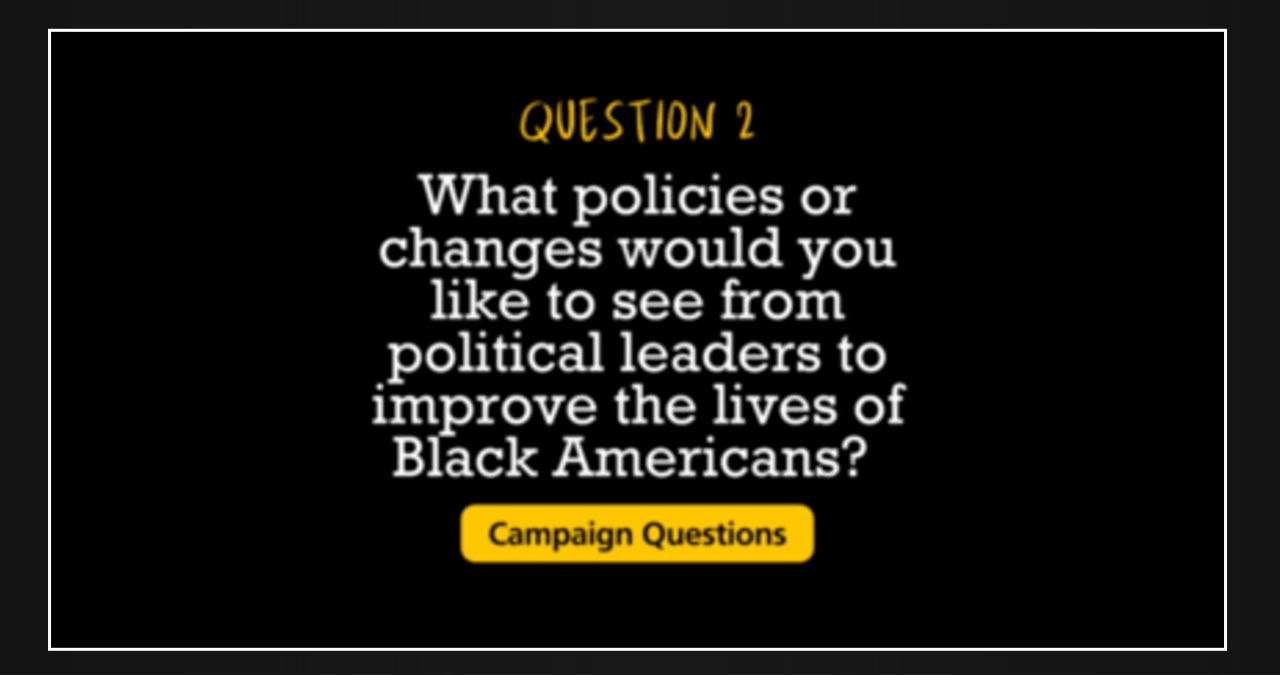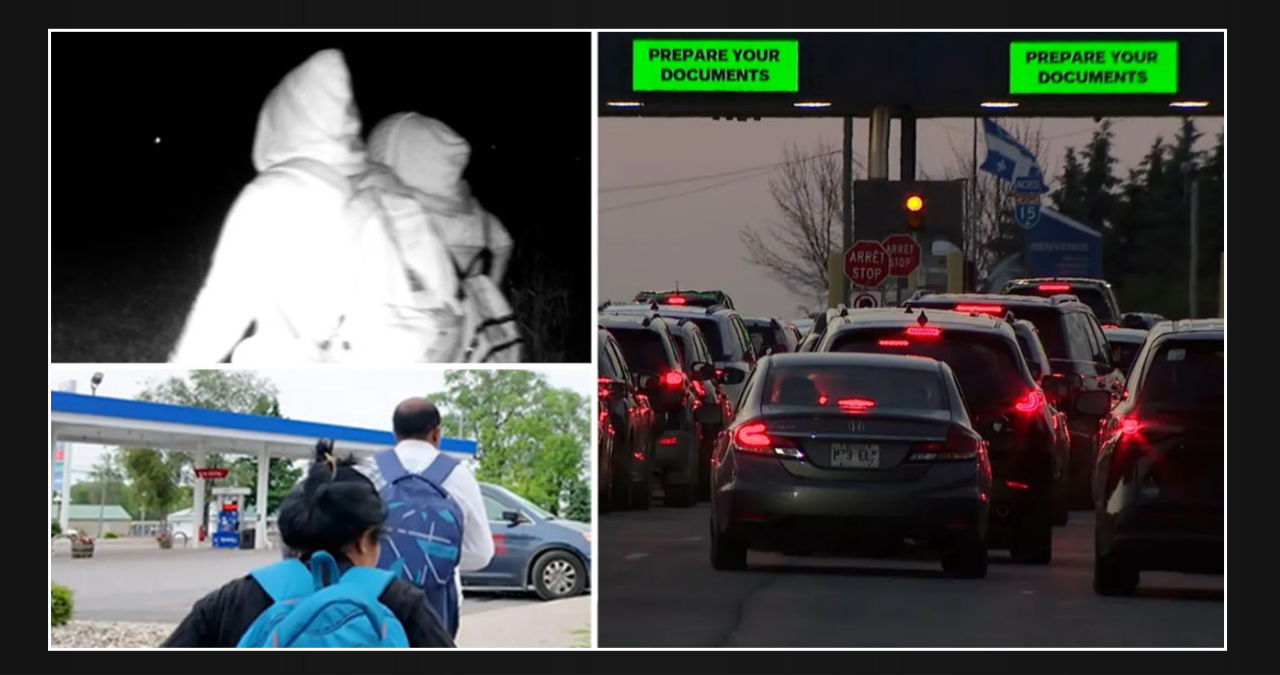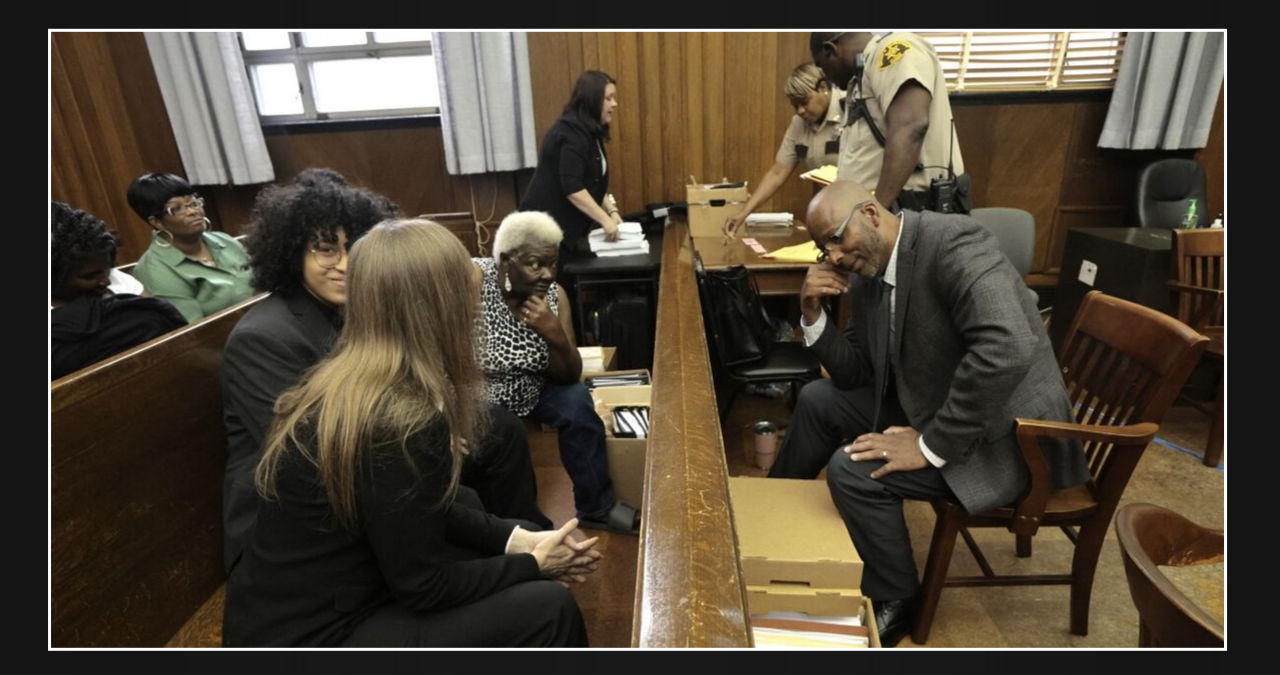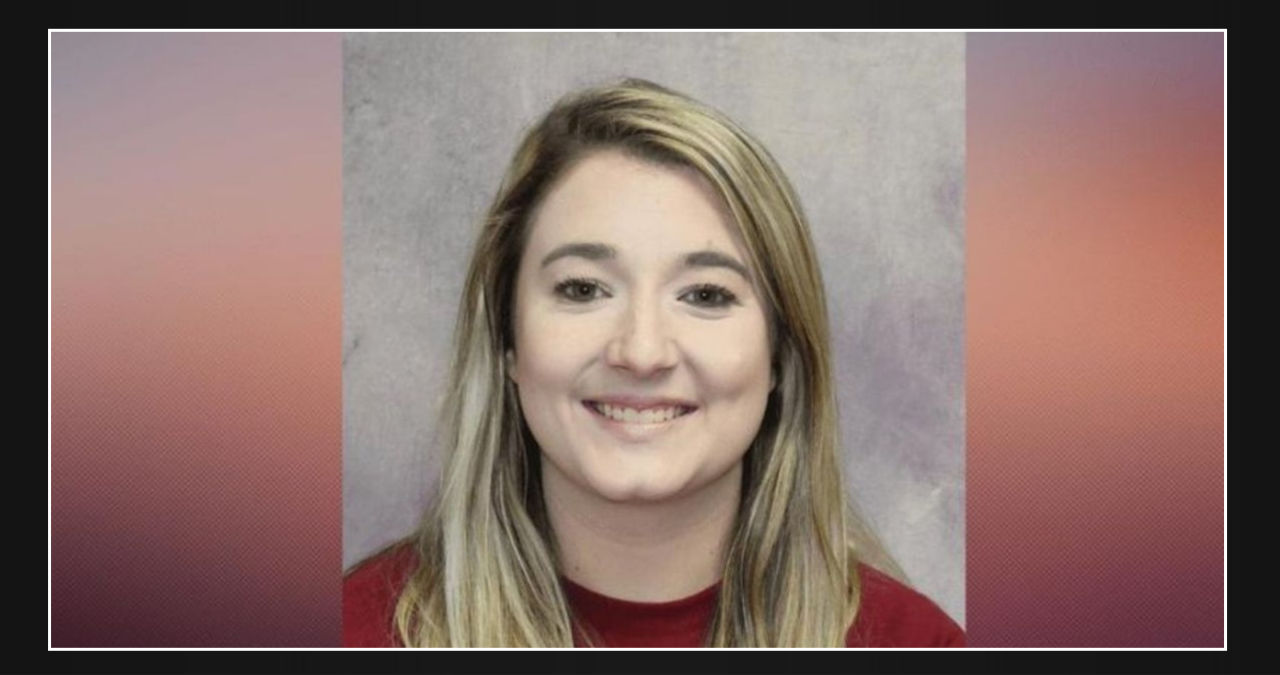According to an attorney, lax regulations and inadequate training of rideshare drivers could lead to a human trafficking horror story on the Grand Strand similar to the one that occurred on the state’s northern border. This highlights the need for proper training and regulations to prevent such incidents from happening in the future.
Uber is facing a 38-page lawsuit filed by Tracey Cowan, head of Clarkson Law Firm’s sexual assault practice, in York County. The lawsuit claims that Uber’s failure to implement proper safety standards resulted in two 12-year-old girls being driven across state lines where they were raped. Cowan’s lawsuit seeks to hold Uber accountable for their negligence and lack of action in providing safe transportation for passengers.
During a media call that outlined the case, Cowan expressed his belief that Uber is responsible for putting a stop to the problem of minors using the ride-hailing service. Cowan stated, “Uber has known about this issue for quite some time but has failed to implement straightforward and logical measures to safeguard our kids. The company is solely interested in making profits and doesn’t seem to care about the harm it causes in the process.”
According to the South Carolina Law Enforcement Division’s latest report, there were 357 ongoing cases of human trafficking last year, affecting as many as 500 victims, the majority of whom were minors subjected to sexual assault.
According to SLED’s data, 40 counties have opened cases, with Horry County alone accounting for 24 of them.
Lyft has teamed up with the U.S. Department of Homeland Security to launch a tutorial program in order to help their North American drivers identify human trafficking. In light of this, Cowan suggested that Uber could also take similar measures to combat this issue.
-
- mandatory anti-trafficking training for all drivers
- zero tolerance policy for transporting unaccompanied minors
- monitored dashcams in all Uber vehicles
According to Cowan, Uber’s business model has a significant flaw – it knows that human trafficking is taking place on its platform, but it doesn’t require its drivers to undergo any training on how to identify and support potential victims. “Human trafficking is a massive problem in this country, and Uber is a major facilitator of it,” Cowan stated.
It has been two years since Uber last made any changes to the human trafficking segment on its website.
According to Cowan, the individuals involved in the York County case have been referred to as John Does in the lawsuit due to the company executives’ reluctance to disclose their identities.







